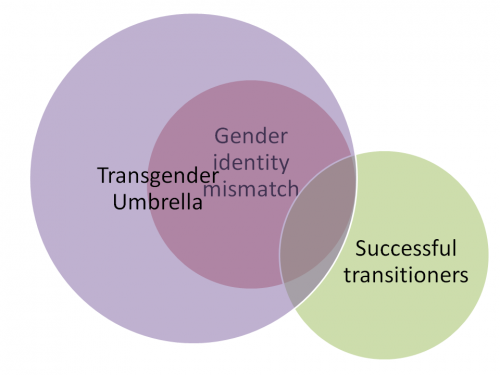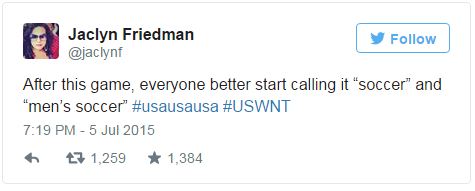
The word “cisgender” was coined to refer to people who aren’t transgender, as an alternative to problematic terms like “normal,” “regular” and “real.” Some have gone beyond this and asked their allies to “identify as cis,” and even treat trans people as the default realization of their genders. As a trans person and a linguist, I disagree with these last two for a number of reasons.
